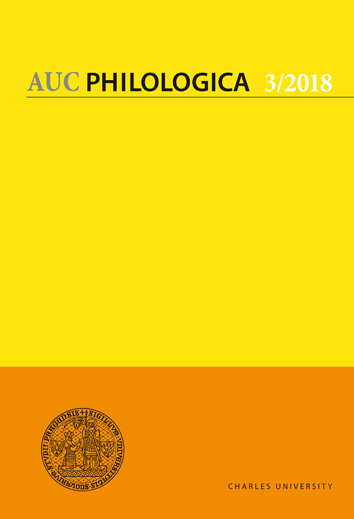Aux frontières de l’humanité : (in)efficacité de l’empathie et de l’expérience esthétique
At the fringes of humanity: the (in)effectiveness of empathy and aesthetic experience
Author(s): Chiara MengozziSubject(s): Language and Literature Studies
Published by: Univerzita Karlova v Praze, Nakladatelství Karolinum
Keywords: empathy; sympathy; compassion; justice; non-human; Mary Shelley; Kazuo Ishiguro; Humanities
Summary/Abstract: The humanities in general, and literature in particular – Martha Nussbaum argues – deserve a leading role within the educational system, because they contribute in a fundamental way to the functioning of a democratic society. More concretely, they would help to cultivate empathetic citizens, concerned with the experiences, suffering and vulnerability of people whose lives seem radically different from their own. In the present article, the correlation between literary education, empathy, and justice established by Martha Nussbaum will be tested by reference to an extreme case, i.e. the affective relations between human beings and artificial creatures as represented in Frankenstein, or the Modern Prometheus by Mary Shelley, and Never Let Me Go by Kazuo Ishiguro. The limits and dangers of empathy, on the one hand, and the ambivalent character of aesthetic experience, on the other, will be emphasized. In these two novels – the author argues – the arbitrary distinction between human and non-human, as well as the differential justice that follows the lines of this cleavage, is consolidated precisely by the deep sympathy/empathy/compassion felt for members of the same group of belonging, be it social class, gender, race, or species. Furthermore, if aesthetic education functions for the protagonists of the two novels both as an illusory compensation and a means of subjectivation, the effect that the narratives may have on the readers is far from clear and unequivocal: even though empathy for otherness is partially able to undermine our closure of identity, it remains powerless as a motivation for acting ethically, if this implies the loss of benefits for our group of belonging (ethnic, national or human).
Journal: Acta Universitatis Carolinae Philologica
- Issue Year: 2018
- Issue No: 3
- Page Range: 165-178
- Page Count: 14
- Language: French

